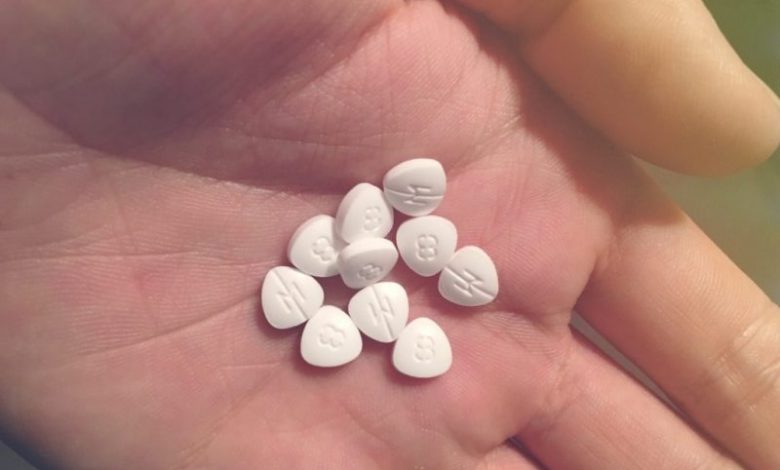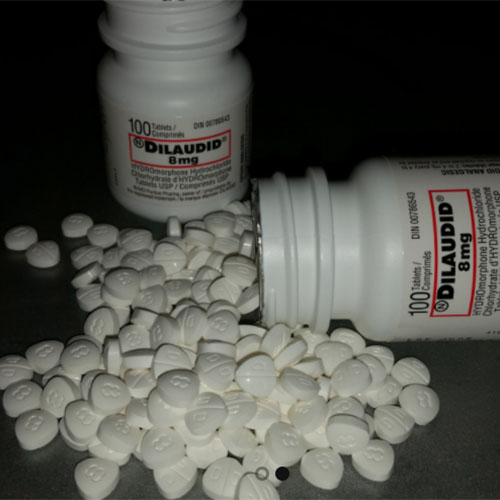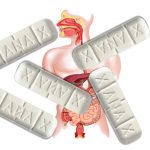How Long Does Dilaudid Stay In Your System?

What is Dilaudid?
Dilaudid is a brand of hydromorphone, an opioid pain medication. Dilaudid is used as a pain reliever. Hydromorphone is 2-8 times more potent than morphine but shorter duration and greater sedation. Dilaudid in tablets, rectal suppositories, oral solutions, and injectable formulations.
Street names of Dilaudid include D, Dillies, Dust, Footballs, Juice, Smack. The Drug Enforcement Administration (DEA) classifies Dilaudid as a Schedule II controlled substance, a status reserved for drugs with accepted medicinal uses but also extremely high potential for diversion, abuse, and dependence. Schedule II control status is the highest level of regulation for prescription medications, with only Schedule I illegal drugs that have no accepted medical use in the United States being more tightly regulated or controlled.
How does Dilaudid affect the body?
Dilaudid causes euphoria, relaxation, sedation, and reduced anxiety. It may also cause mental clouding, changes in mood, nervousness, restlessness, constipation, nausea, vomiting, impaired coordination, loss of appetite, rash, slow or rapid heartbeat, and changes in blood pressure.
Users can develop a tolerance to the substance within two or three weeks. Once a tolerance takes hold, users taking the pills more frequently often finish their prescription ahead of schedule. This is due to the regular dose no longer working the same way on the body as it once did, and can result in physical dependence or addiction even if the user is taking the medication as prescribed.
Those with tolerance may experience withdrawal symptoms once the drug wears off. Someone who wants to stop taking the substance but isn’t able to may have an addiction.
Other signs of an addiction include:
- Becoming obsessed with the next dose
- Spending excessive amounts of money on the drug
- Failing to keep up with responsibilities, such as school and work
- Needing larger doses to feel high
- Neglecting friends and family in favor of drug use
- Stealing from medicine cabinets
- Forging prescriptions
- Purchasing Dilaudid online or off the street
Many people addicted to Dilaudid may “doctor shop” for new prescriptions, visiting several doctors with complaints of chronic pain. Additionally, it is not uncommon for substance abuse to lead to criminal activities in users’ search to get more of the drug.
Overdose symptoms: severe respiratory depression, stupor or coma, lack of skeletal muscle tone, cold and clammy skin, constricted pupils, and reduced blood pressure and heart rate.

How long does Dilaudid stay in your system?
There are several factors that come into play when estimating how long Dilaudid will stay in your system because every patient has physiology unique to them. Here are some major factors you should consider when trying to understand how long Dilaudid will stay in your body:
• Age: Typically, the younger you are, the more efficient your body functions are. The more efficient your body functions, the faster Dilaudid will be removed from your system.
• Amount: The higher the dose of Dilaudid you have been taking, the longer Dilaudid will take to be removed from your system.
• Genetics: Genes predispose people to different metabolic functions, which is a key factor in how your body processes medications like Dilaudid. For this reason, your genetic makeup comes into play when estimating how long Dilaudid will remain in your system.
• Kidney and liver functions: The liver and kidneys eliminate everything you ingest, and Dilaudid is no exception. If your liver or kidneys are damaged, it will most likely take longer for your body to remove the Dilaudid from your system.
• Metabolism: Your metabolism determines how quickly you process foods, liquids, and drugs such as Dilaudid. If your metabolism is slow, it will take longer for your body to process and eliminate Dilaudid from its system than someone with a fast metabolism.
• Usage frequency: The longer you have been taking Dilaudid, the longer it will remain in your system. For example, it will take longer for someone who has taken Dilaudid for several years to remove Dilaudid from the body than someone who has only been taking Dilaudid for a few months.
If you take Dilaudid orally, it begins to work within 15 minutes, and usually reaches its peak effect between 30 minutes to an hour. The terminal elimination half-life of hydromorphone is about 2.3 hours.
Generally, it takes around 5 to 6 half-lives for a drug to be completely eliminated from your system, you can expect to be free of Dilaudid after about one day (12 hours) after your last use.
Drug test detection times
- Urine screen: A urine test can detect Dilaudid 2 to 4 days after the last use.
- Blood Test: A blood screen can detect Dilaudid 1 to 2 days after the last use.
- Saliva: Saliva screening can reveal the presence of Dilaudid 1 to 4 days after the last dose is taken.
- Hair test: Dilaudid can be detected in a hair follicle test for up to three months (90 days).
What to avoid while taking Dilaudid
Do not use alcohol or medications that contain alcohol while you are receiving treatment with Dilaudid. This may increase nervous system side effects such as drowsiness, dizziness, lightheadedness, difficulty concentrating, and impairment in thinking and judgment. In severe cases, low blood pressure, respiratory distress, fainting, coma, or even death may occur. If you are taking certain long-acting formulations of hydromorphone, consumption of alcohol may also cause rapid release of the drug, resulting in high blood levels that may be potentially lethal. Talk to your doctor or pharmacist if you have questions on how to take this or other medications you are prescribed. Do not use more than the recommended dose of Dilaudid, and avoid activities requiring mental alertness such as driving or operating hazardous machinery until you know how the medication affects you. It is important to tell your doctor about all other medications you use, including vitamins and herbs. Do not stop using any medication without first talking to your doctor.





